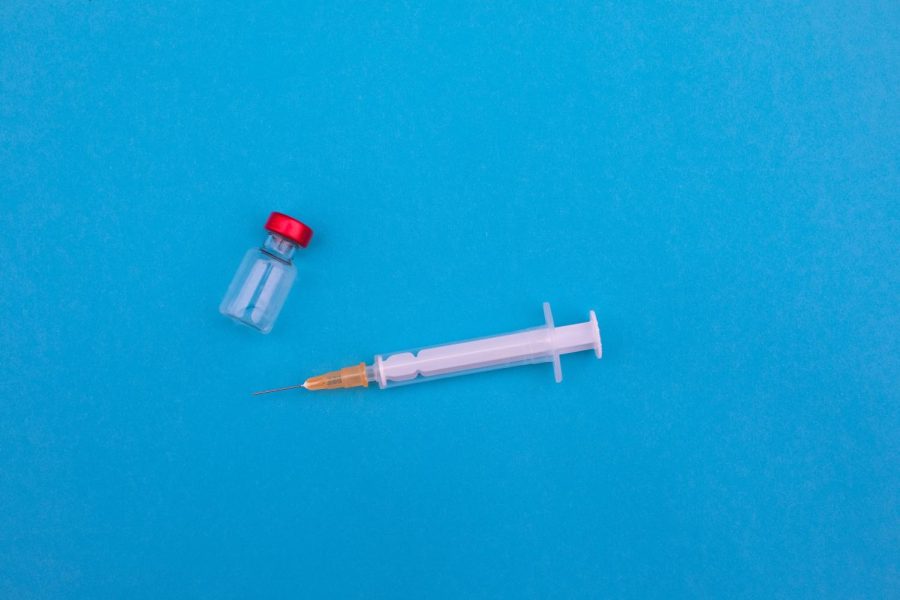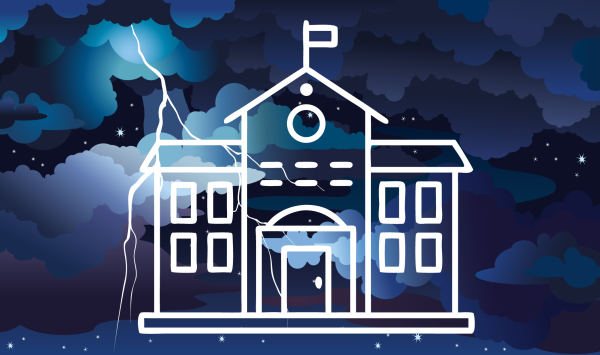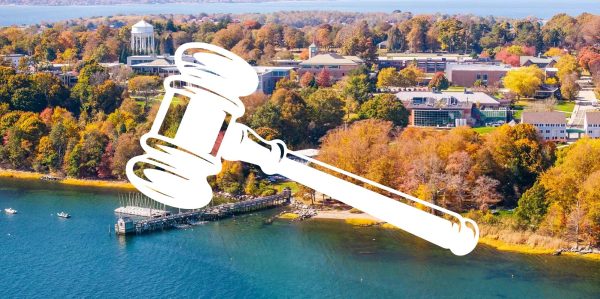RWU’s response to monkeypox
Courtesy of Markus Spiske on Unsplash
RWU is working on providing resources and information regarding the spread of monkeypox, including information about those eligible for the vaccine.
A virus has started to become more prevalent in the U.S., and its name is Monkeypox. In Rhode Island alone, there are 41 cases as of Aug. 25 according to the CDC. The U.S. Department of Health and Human Services declared monkeypox a public health emergency on Aug. 4.
“It is a rather slow moving disease compared to the start of the COVID-19 pandemic,” said Vice President for Student Life John King. No member of the RWU community, to King’s knowledge, contracted Monkeypox.
“Anyone, regardless of race, gender identity or sexual orientation can become infected and spread the Monkeypox virus,” said Director of Health Services Anne Mitchell.
King said he and Mitchell are “closely following” the actions taken by the Rhode Island Department of Health (RIDOH) and advising RIDOH is giving them in briefings. One piece of advice RIDOH told RWU King said was they want RWU to conduct contact tracing on any individual who develops monkeypox.
As RWU receives more information from RIDOH, King said they will update communications.
“The risk of Monkeypox to the general public is low unless an individual engages in higher risk behaviors,” said Mitchell. “Having sex with multiple sex partners can increase a person’s risk of becoming infected.”
The primary way in which the virus transmits itself, according to Mitchell, is through prolonged skin-to-skin contact with a person with Monkeypox rash, scabs and sores. Other ways of transmission are
As to what to do to protect oneself from monkeypox and limit exposure, Mitchell suggested “minimizing direct skin-to-skin contact during crowded social gatherings; avoid sharing bedding, towels, or clothing with others; limiting the number of sex partners; communicating with partners about health, including any recent symptoms, before having intimate contact, and being mindful when traveling to other countries with active Monkeypox outbreaks.”
The symptoms the RIDOH says to look for are fever, headache, muscle aches and backache, swollen lymph nodes, chills, exhaustion and a rash that can look like pimples or blisters that appears on the face, inside the mouth and on other parts of the body, like the hands, feet, chest, genitals or anus.
There is a monkeypox vaccine, but it is only available in limited supply for high risk individuals over the age of 18. A list of individuals considered high risk is located on the RIDOH’s website. In an Aug. 22 email from King and Mitchell they said they encourage individuals eligible to get the vaccine. Mitchell said if the RIDOH makes the vaccine available to Institutions of Higher Education, RWU will pass that information along to students.
King and Mitchell also said students with symptoms and access to Health Services on the Bristol campus should contact 401-254-3156 for an appointment in the Center for Student Development. Students at University College in Providence should contact their personal healthcare provider.
For more information on monkeypox in Rhode Island check out the Monkeypox section of the CDC’s website.

Jimmy Sadowski is a journalist with experience in print, multimedia, and broadcast journalism. Sadowski’s specialty is news, but can also provide...






